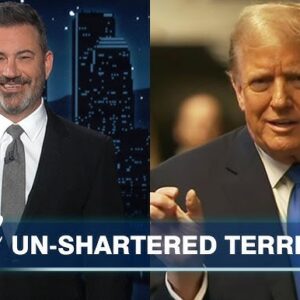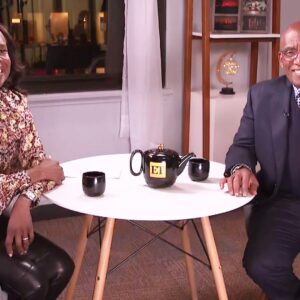Joy Behar erupts live on air after being interrupted: “Who do you think you are, speaking for me?”
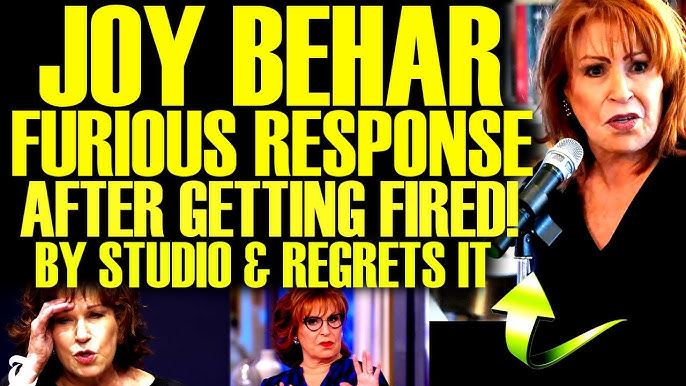
In a dramatic moment captured live on air, Joy Behar, co-host of “The View,” showcased her signature no-nonsense attitude when confronted by an unexpected interruption. As discussions heated up around topical issues, Behar’s passionate response brought to light the often-overlooked dynamics of public conversations. Her sharp remark, “Who do you think you are, speaking for me?” not only highlights her desire for personal expression but also emphasizes the importance of maintaining one’s voice amid the clamor of differing opinions.
The Power of Personal Expression in Media
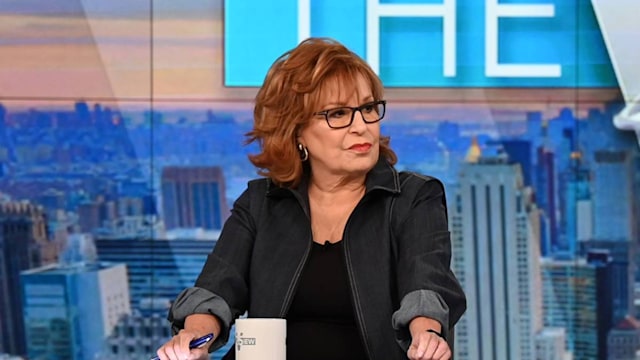
Joy Behar’s outburst serves as a reminder of the significance of individual perspectives in any discourse, especially on platforms with wide audiences. As a seasoned broadcaster, she is well aware of the potential for interruptions to skew conversations, often leading to a loss of focus on key issues. When co-hosts or guests unintentionally take over discussions, it can frustrate those who passionately advocate for their viewpoints.
In the broadcast industry, interruptions can disrupt the flow of conversation, leaving hosts feeling their opinions are undervalued. Behar’s reaction illustrates a universal sentiment shared by many: the need to assert oneself when others attempt to speak over them. This incident has sparked conversations among audiences about the etiquette of dialogue and the necessity of allowing everyone a chance to voice their opinions.
Understanding Communication Dynamics on Public Platforms
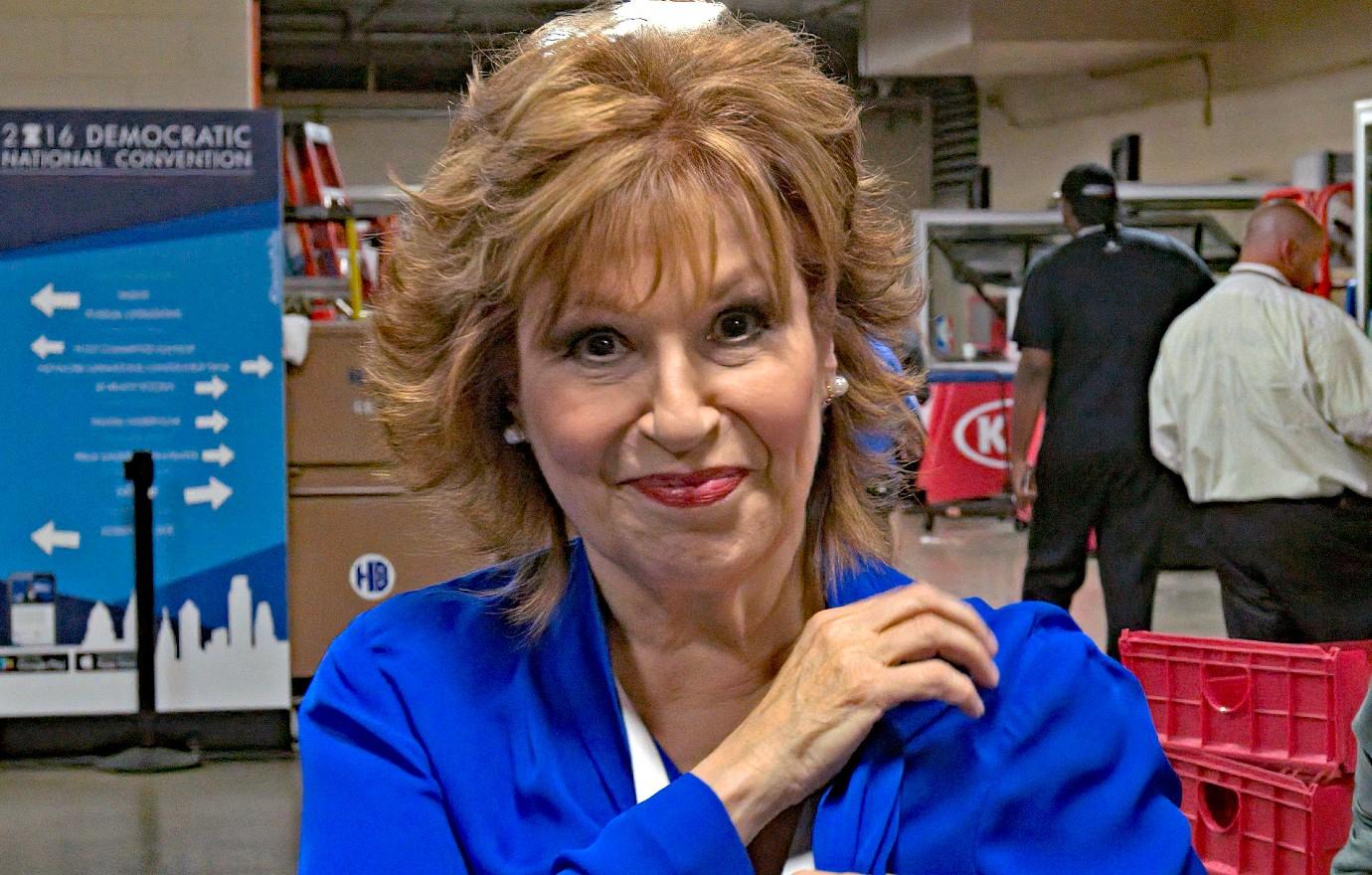
When individuals engage in discussions on live platforms, several factors come into play that can lead to conflicts or misunderstandings. One important aspect is the hierarchical structure that often emerges, where some voices are prioritized over others. In a group setting, it is common for stronger personalities to dominate, which can alienate quieter individuals.
Behar’s powerful statement not only served as a personal assertion of autonomy but also challenged the norms of conversational hierarchy typically experienced in public dialogues. Her demand for recognition of her voice reflects a broader issue that many people face in discussions — the need for mutual respect and recognition of every participant’s viewpoint. Viewers resonated with her plea as a call for equity in conversation, promoting the idea that everyone deserves a seat at the table.
The Role of Media Figures in Shaping Public Discourse
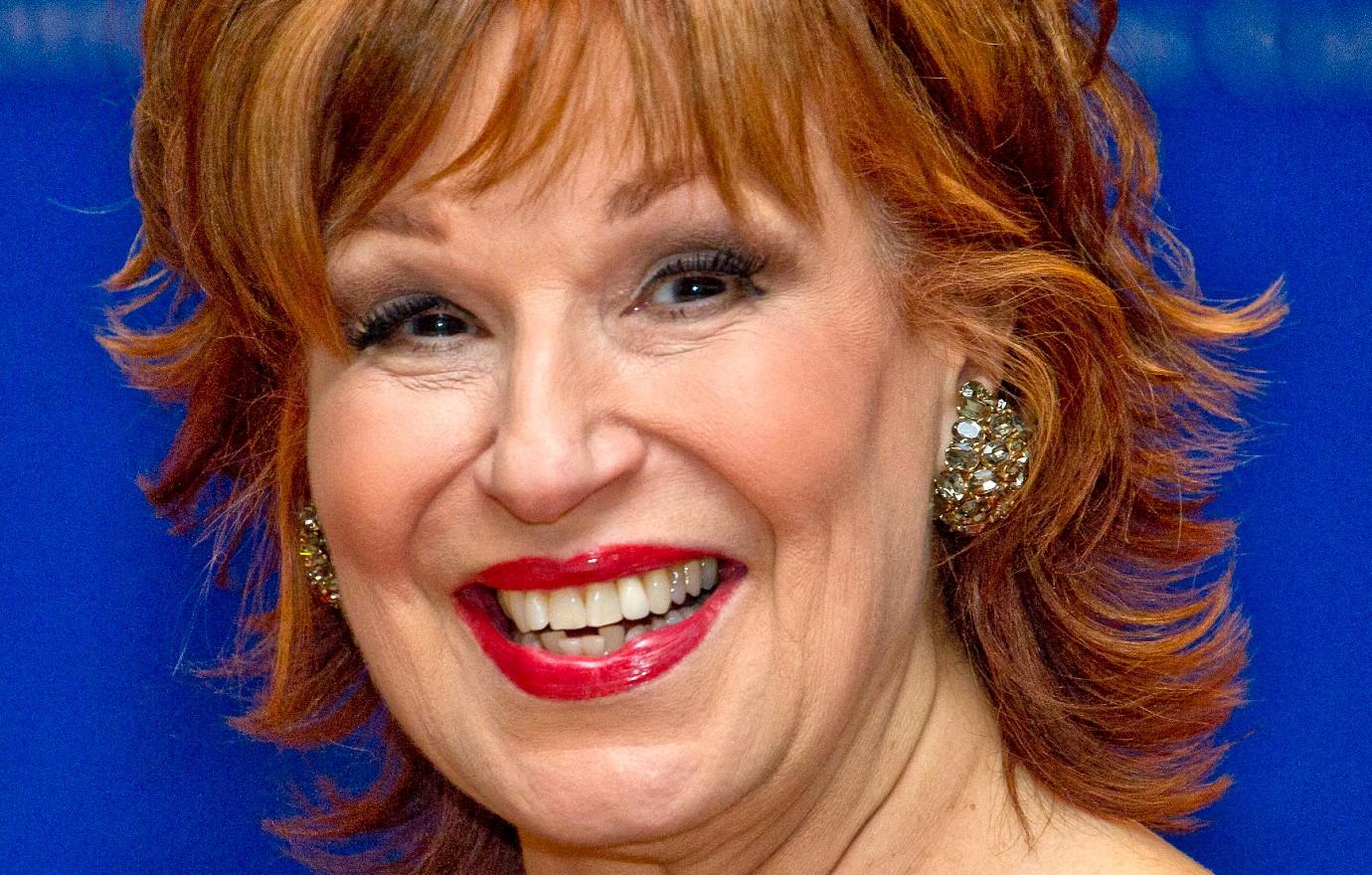
As a prominent media figure, Joy Behar holds considerable influence over public discourse. Her reactions and expressions can affect the tone and direction of conversations, not only on her show but across various platforms. Behar’s passionate outburst underscores the responsibility that comes with a public forum: to foster a space where diverse opinions can coexist without fear of interruption or dismissal.
In the wake of her incident, many fans and commentators have echoed Behar’s sentiments regarding the treatment of women in media. Often, female voices may be downplayed or interrupted more frequently than their male counterparts, perpetuating a cycle of silencing. As Behar stands her ground, she represents a larger movement advocating for women’s rights to assert themselves confidently and unapologetically.
This recent incident has sparked discussions about the necessity of respectful listening and the importance of establishing boundaries in public dialogues. With influencers like Behar advocating for these values, there is hope for more constructive engagement and recognition of individual voices in the future.
Conclusion
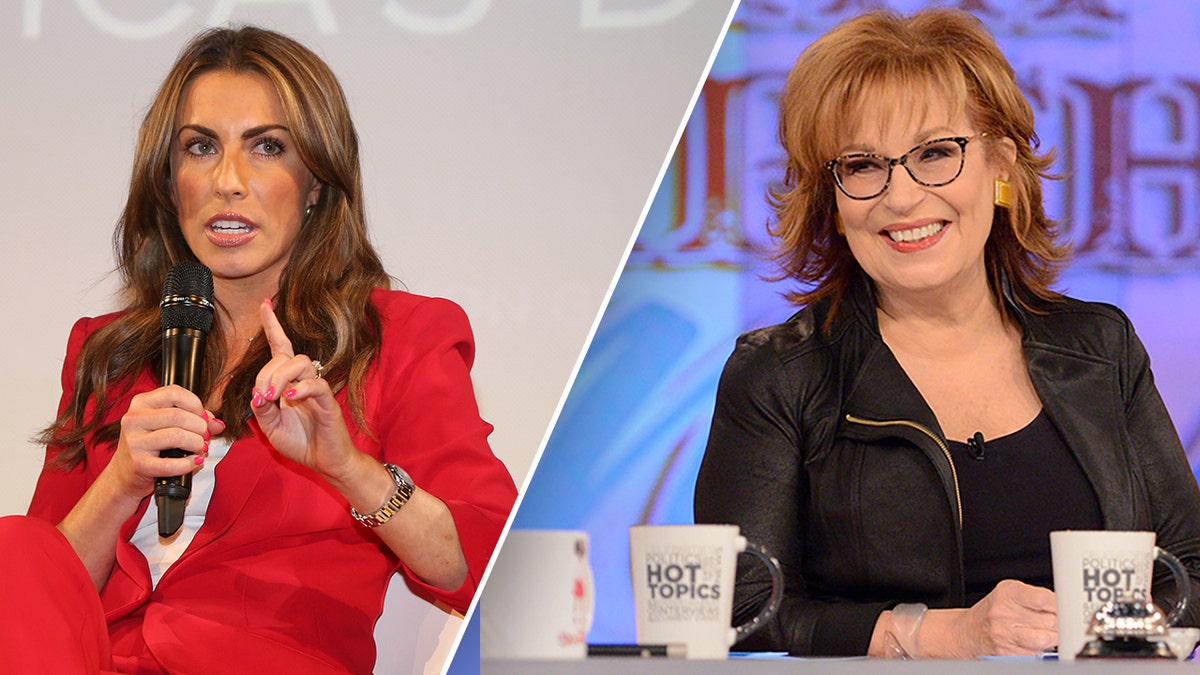
Joy Behar’s emphatic response to interruption during a live broadcast speaks volumes about the challenges of effective communication in public forums. Her call for recognition and respect resonates beyond the screen, urging viewers to reflect on the dynamics of conversations they engage in daily. As we navigate our discussions, let us remember that every voice matters. By fostering an environment of mutual respect and attentive listening, we can ensure that every individual feels heard. Join the conversation and advocate for better communication practices in your own life, where every voice counts!


